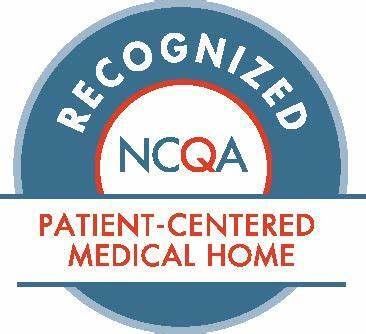What you eat affects a lot more than just how much you weigh and how much energy you have. Your diet affects your risk of developing a wide range of non-communicable chronic diseases. In fact, dietary risk factors other than being overweight or obese contributed to more than 19 percent of all deaths in 2016, and a high body mass index, or BMI, contributed to almost an additional 14 percent of deaths. Add these together, and approximately 33 percent of deaths were at least partially due to poor nutrition.
You need to maintain a healthy diet if you want to avoid these risks. Here are some important things you should know about your nutrition and risk factors.
An Unhealthy Diet Is a Contributing Risk Factor
Not following a healthy diet can increase your risk of heart disease, cancer, stroke, and diabetes. Unhealthy diets also increase your risk of high blood pressure, dental health problems, and osteoporosis. Even if you don't die from these diseases, they greatly impact your quality of life and can cost a lot of money to treat.
Limiting Certain Components Can Decrease Disease Risk
Regardless of all the confusing nutrition research constantly coming out in the news, a few factors have been shown repeatedly to increase the risk of chronic diseases. Limit your consumption of saturated fats (which come from mainly from animal products and processed foods), added sugars, and sodium.
Studies have also shown that some types of foods are particularly harmful when it comes to increased disease risk. These foods include red meat, especially processed red meats like bacon and ham. Other particularly harmful types of food include sugary beverages and high-calorie, highly-processed foods made with refined flours.
Increasing Consumption of Certain Foods Can Decrease Disease Risk
Most Americans don't eat enough of the foods that help decrease disease risk, including vegetables, fruits, whole grains, nuts and seeds, seafood, and legumes like beans and peas. The current Dietary Guidelines for Americans recommends using oils instead of solid fats like butter, lard, and tropical oils that are solid at room temperature.
Overall Calorie Consumption Can Affect Disease Risk
For the healthiest diet, you need to match the number of calories you eat with the number of calories you burn through daily activity to limit weight gain. If you consume too many calories, even from nutritious foods, you can become overweight or obese, and a high BMI can also increase your risk of developing chronic diseases.
Certain Dietary Patterns Can Decrease Disease Risk
Current research shows that plant-based diets tend to help decrease chronic disease risk. This conclusion makes sense because these diets are often higher in fiber, fruits, vegetables, and legumes than the typical American diet. You don't have to become vegetarian, just eat plant-based meals more often and limit animal products except for seafood.
Dietary Risk Factors Affect Some Groups More Than Others
Research shows that dietary risk factors were associated with more deaths in certain groups than in others. For example, white people, women, and people with more education were less likely to die due to poor diet-related causes than people with less education, men, and blacks or Hispanics.
Even the Healthiest Diets Won't Eliminate All Disease Risk
Other factors besides diet and nutrition play a role in disease risk, including some that aren't controllable, such as your gender, age, and genetic background. Another major risk factor is inactivity. Getting more exercise and eating healthier will make a big dent in your risk of developing a chronic disease or becoming obese.
Contact NEON to find out more about the
nutrition services we offer. It's never too late to start eating better, getting more exercise, and improving your overall health so you can live a long and productive life.




